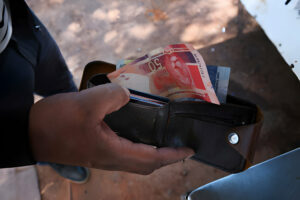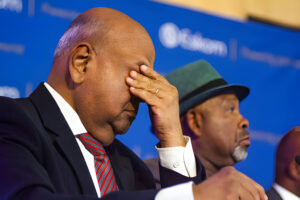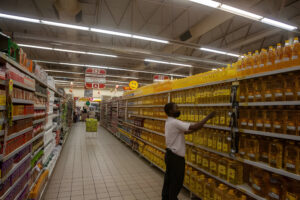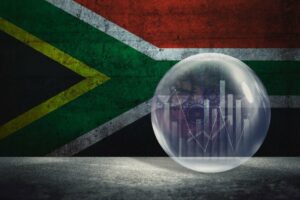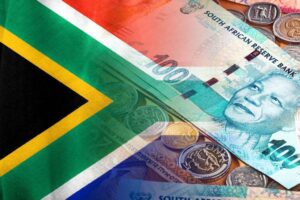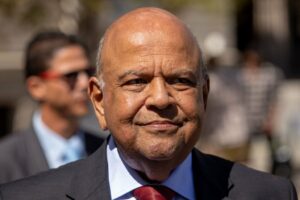The coalition of five prominent nations – Brazil, Russia, India, China, and South Africa – collectively known as BRICS, are set to convene for a three-day summit in Johannesburg this Tuesday. This group’s influence is evident, representing 23% of global GDP and encompassing 42% of the global population. Their meetings, characterised by discussions to decentralise the Western economic stronghold on global matters, provide a counterbalance in global affairs.
Emergence and Evolution of BRICS
Tracing its inception to 2009, BRICS stands as a group of emerging economies that hosts an annual summit in one of the member nations, on a rotational basis. The essence of these meetings is to fortify their collective stance, especially in juxtaposition to major Western powers like the United States and the European Union. Their vision embraces a multipolar world, advocating for both economic and political equilibrium. This objective also translates into their approach towards post-World War II establishments, notably the World Bank and the International Monetary Fund (IMF), as they seek alternatives that are more congruent with today’s world dynamics.
Expansion and the Allure of BRICS
The economic vigour of BRICS, primarily fuelled by China and India, has caught global attention, leading to a surge in membership interest. Reportedly, 23 nations have formally expressed their desire to join the coalition, with nations like Argentina, Ethiopia, Iran, and Saudi Arabia being some of the notable names.
Central to the appeal of BRICS is the New Development Bank (NDB) – established in 2015, functioning as an alternative to traditional financial institutions such as the World Bank and the IMF. Based in Shanghai, the bank has already channelled a commendable $30 billion into infrastructure projects across member states and other growing economies. A recent highlight includes the NDB’s raising of R1.5 billion in its debut South African bond auction.
Navigating Diplomatic Waters: The Putin Scenario
This year’s summit preparations were not devoid of diplomatic complexities. President Cyril Ramaphosa of South Africa extended an invitation to Russia’s President Vladimir Putin, a move that attracted global scrutiny owing to Putin’s entanglement with an International Criminal Court (ICC) arrest warrant related to the Ukraine conflict. After a period of uncertainty, it has been confirmed that President Putin will be engaging with the summit remotely via video link. It’s noteworthy to mention that South Africa, given its historical ties with Moscow dating back to the Cold War and the Soviet Union’s support against apartheid, has abstained from criticising Russia’s actions in Ukraine.
Rethinking Global Trade Dynamics
BRICS nations, which collectively contribute to 18% of global trade, have often shown reservations towards the dominance of the US dollar in international transactions. Aiming to liberate themselves from this dollar-centric system, these countries have been vocal about leveraging their national currencies for trade. This vision also encompasses the conceptualisation of a unified payment system in future prospects. A tangible step in this direction was the bilateral agreement between Brazil and China earlier this year, pledging to facilitate trade in their respective local currencies.
Amid global economic shifts and changing political landscapes, the BRICS summit in Johannesburg promises insightful discussions and potential pathways for the future of global economics and politics.


